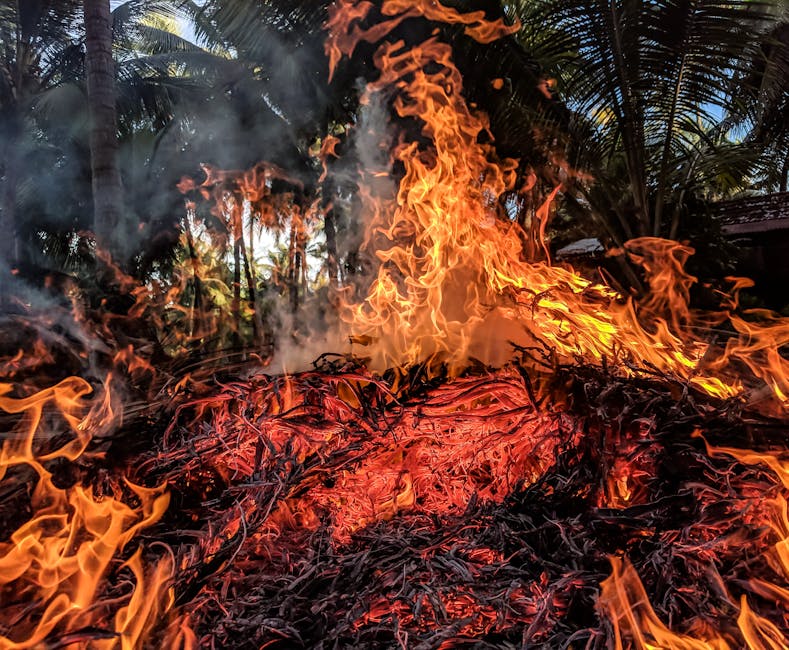As a young boy growing up in a small town, I never gave much thought to climate change. It seemed like a distant problem that didn't affect my daily life. But as I grew older and learned more about the issue, I realized that it was a serious threat to our planet and our way of life.
One of the biggest turning points for me was when I learned about the scientific evidence supporting climate change. I read studies from respected scientists around the world, showing that the Earth's average temperature had been rising steadily over the past century, and that this was caused by human activities such as burning fossil fuels. I also learned about the potential impacts of climate change, including rising sea levels, more extreme weather events, and the loss of biodiversity.
The more I learned, the more concerned I became. I realized that climate change was not just a future problem, but one that was already having a real impact on our world. I saw droughts and floods becoming more common, and I heard stories from people who had lost their homes or livelihoods due to climate-related disasters.
I also saw how climate change was disproportionately affecting vulnerable communities, such as those in developing countries and indigenous communities. These communities often have fewer resources to adapt to the impacts of climate change, making them even more at risk.
I knew that I had to do something to help address this issue. I started by making small changes in my own life, such as reducing my energy consumption and eating a more plant-based diet. I also got involved in local climate action groups, where I worked with others to advocate for policies that would reduce greenhouse gas emissions and promote renewable energy.
Over time, I became more and more involved in the fight against climate change. I spoke at rallies, gave presentations to community groups, and wrote articles about the issue. I also worked with policymakers to develop and implement climate change solutions.
The journey has not always been easy. There are still many people who deny the reality of climate change, or who argue that it is not a serious threat. But I believe that we have a moral obligation to act on this issue, for the sake of our planet and our future generations.
I am proud of the work that I have done to help address climate change, and I am committed to continuing this work for as long as it takes. I believe that we can create a sustainable future for our planet, but it will take all of us working together.
**Here are some things that you can do to help address climate change:**
* Reduce your energy consumption by making simple changes to your lifestyle, such as turning off lights when you leave a room, unplugging electronics when not in use, and using energy-efficient appliances.
* Eat a more plant-based diet. Meat production is a major contributor to greenhouse gas emissions, so eating less meat can help to reduce your impact on the climate.
* Get involved in local climate action groups. There are many organizations working to address climate change at the local level. Find a group that you can join and get involved in their efforts.
* Advocate for climate change policies. Contact your elected officials and let them know that you support policies that would reduce greenhouse gas emissions and promote renewable energy.
* Educate yourself and others about climate change. The more people who understand the issue, the more likely we are to find solutions.

